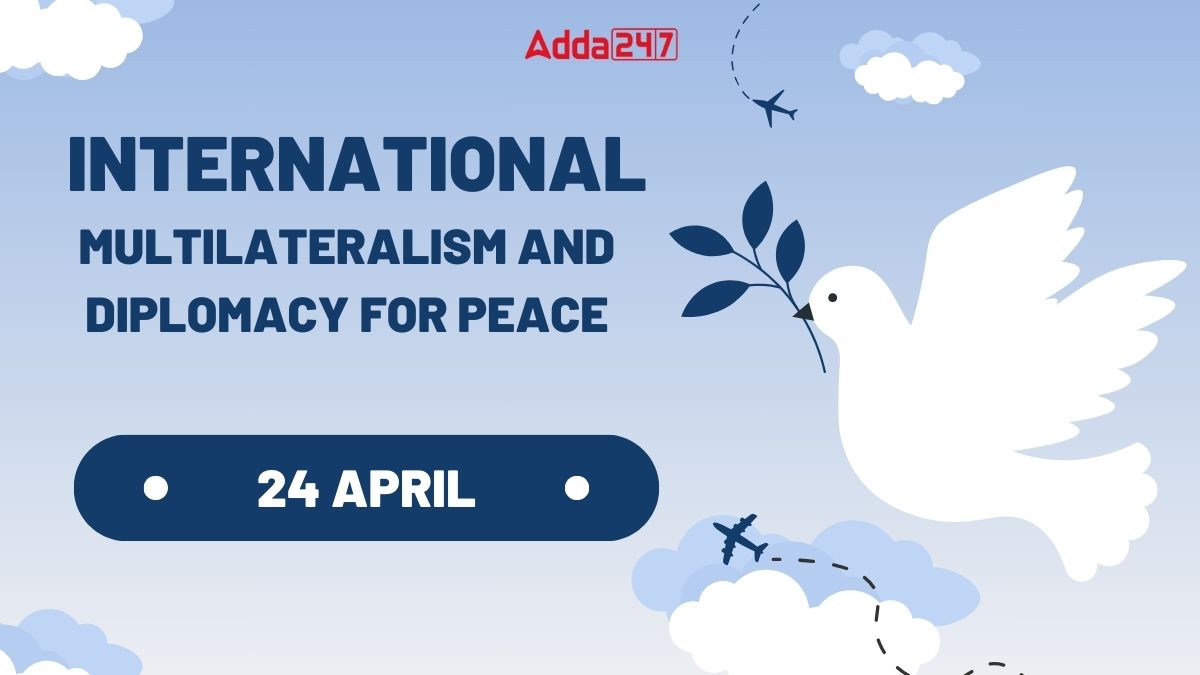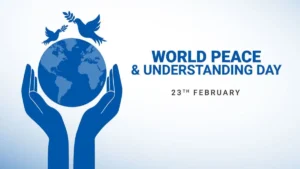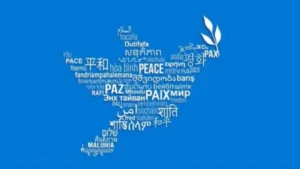Every year on April 24th, the world observes the International Day of Multilateralism and Diplomacy for Peace. This significant occasion seeks to reaffirm the principles enshrined in the United Nations Charter, particularly the commitment to resolving disputes among nations through peaceful means.
Understanding Multilateralism
Multilateralism is often defined as a form of cooperation involving three or more states. However, this quantitative definition fails to capture the true essence of multilateralism. It is more than just a practice or a matter of the number of actors involved; it represents adherence to a common political project based on the respect of a shared system of norms and values.
Multilateralism is founded on principles such as consultation, inclusion, and solidarity. Its operation is determined by collectively developed rules that ensure sustainable and effective cooperation, guaranteeing all actors equal rights and obligations, applied continuously and not on a case-by-case basis.
The Significance of Diplomacy for Peace
The United Nations, established in 1945 in the aftermath of World War II, has a central mission: the maintenance of international peace and security. The UN Charter emphasizes the commitment to settle disputes through peaceful means and the determination to save future generations from the scourge of war.
While conflict prevention remains a relatively under-publicized aspect of the UN’s work, the most efficient and desirable employment of diplomacy is to ease tensions before they escalate into conflict or, if conflict breaks out, to act swiftly to contain it and resolve its underlying causes. Preventive diplomacy plays a crucial role in supporting the UN’s efforts to assist in the peaceful settlement of disputes.
Renewing the Commitment to Multilateralism
In September 2018, during the General Debate, most world leaders reaffirmed their commitment to multilateralism and international peace and security. This commitment was further reinforced during the High-level Dialogue on Renewing the Commitment to Multilateralism on October 31, 2018.
On December 12, 2018, the United Nations General Assembly adopted the resolution “International Day of Multilateralism and Diplomacy for Peace” (A/RES/73/127) by a recorded vote of 144 in favor and 2 against. The resolution invites all UN Member States, observers, and organizations to observe the International Day in an appropriate manner and to disseminate the advantages of multilateralism and diplomacy for peace, including through educational and public awareness-raising activities.
Promoting Peaceful Resolutions
The International Day of Multilateralism and Diplomacy for Peace serves as a reminder of the importance of collaborative efforts and diplomatic channels in resolving conflicts and maintaining global peace and security. It highlights the need for nations to embrace the principles of consultation, inclusion, and solidarity, and to adhere to collectively developed rules that ensure sustainable and effective cooperation.
By observing this day, the international community reaffirms its commitment to the peaceful resolution of disputes, recognizing the invaluable role of multilateralism and diplomacy in preventing conflicts and promoting lasting peace. It is an opportunity to raise awareness about the advantages of multilateralism and to encourage educational initiatives that foster a better understanding of its significance in the modern world.




 World Peace and Understanding Day 2026: ...
World Peace and Understanding Day 2026: ...
 International Mother Language Day 2026: ...
International Mother Language Day 2026: ...
 Arunachal Pradesh Foundation Day 2026: P...
Arunachal Pradesh Foundation Day 2026: P...








